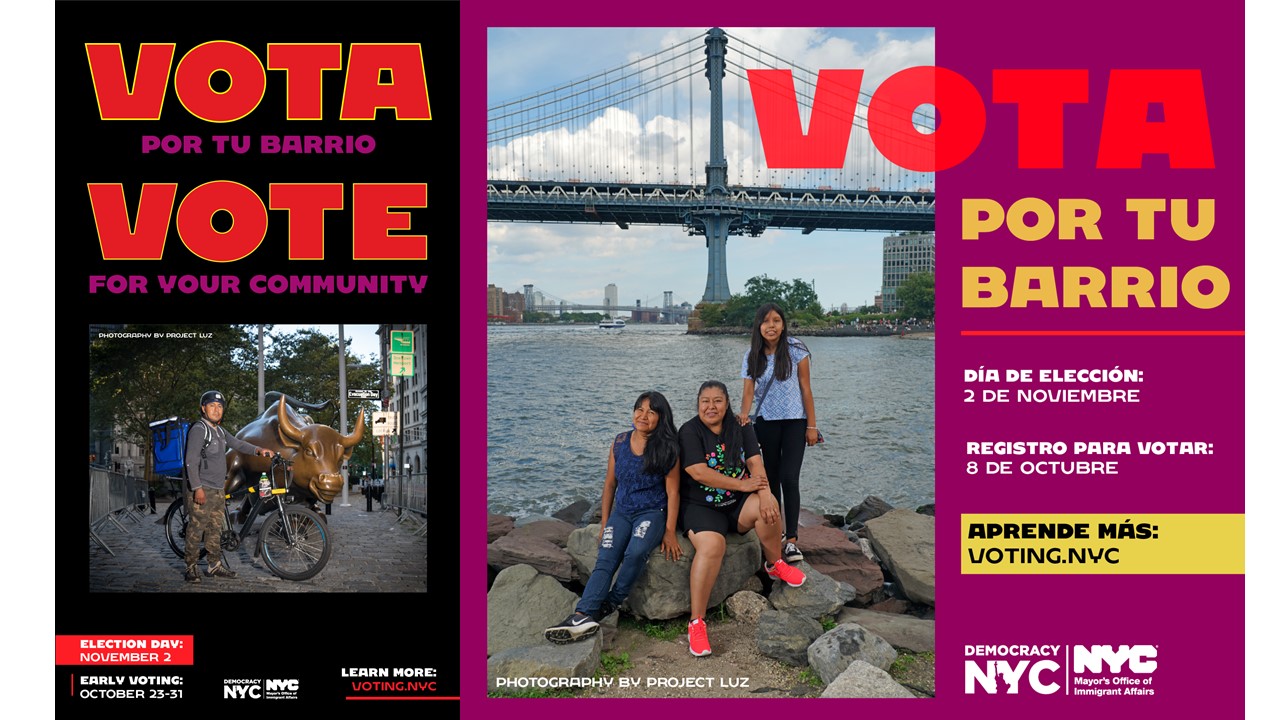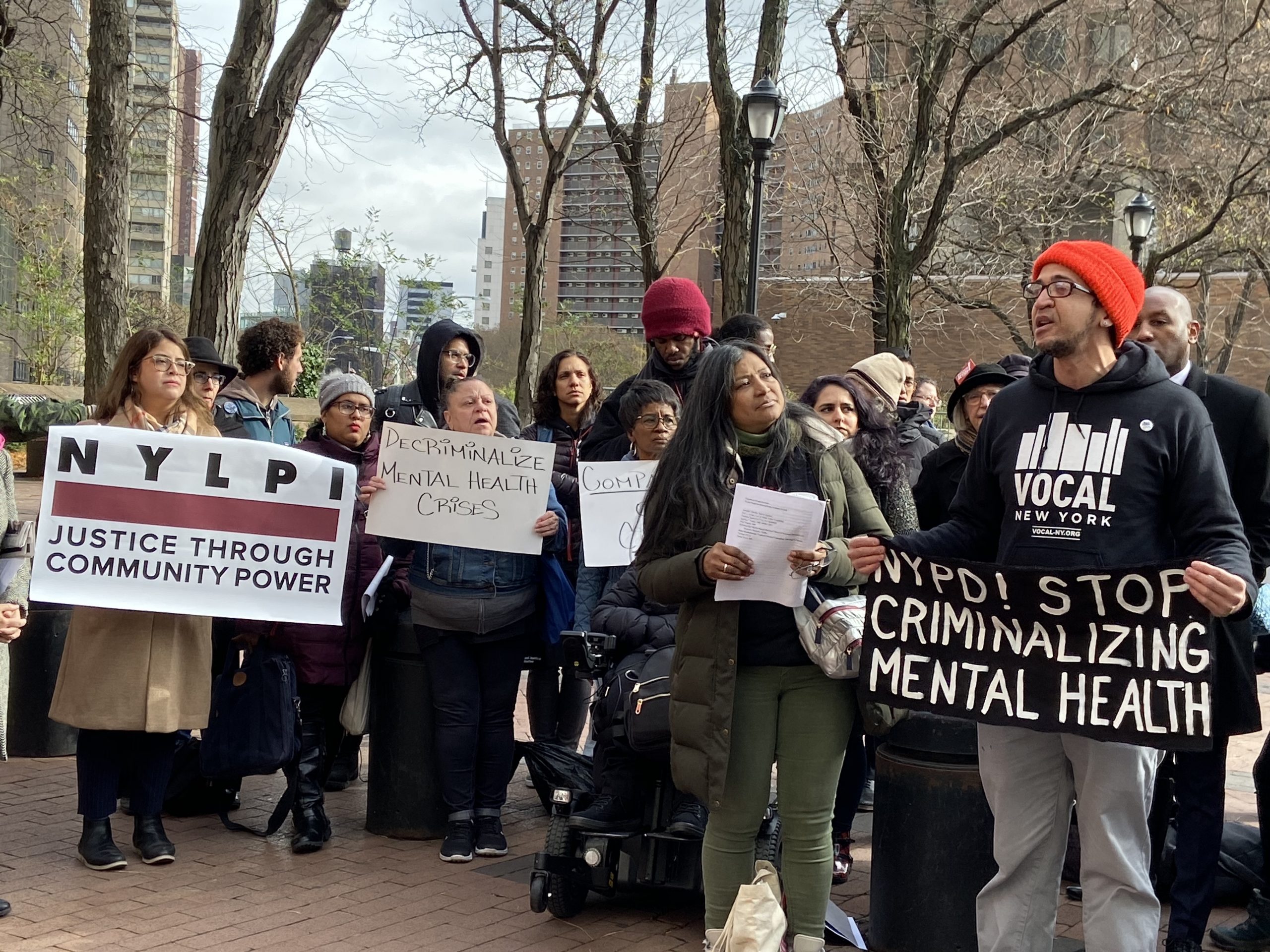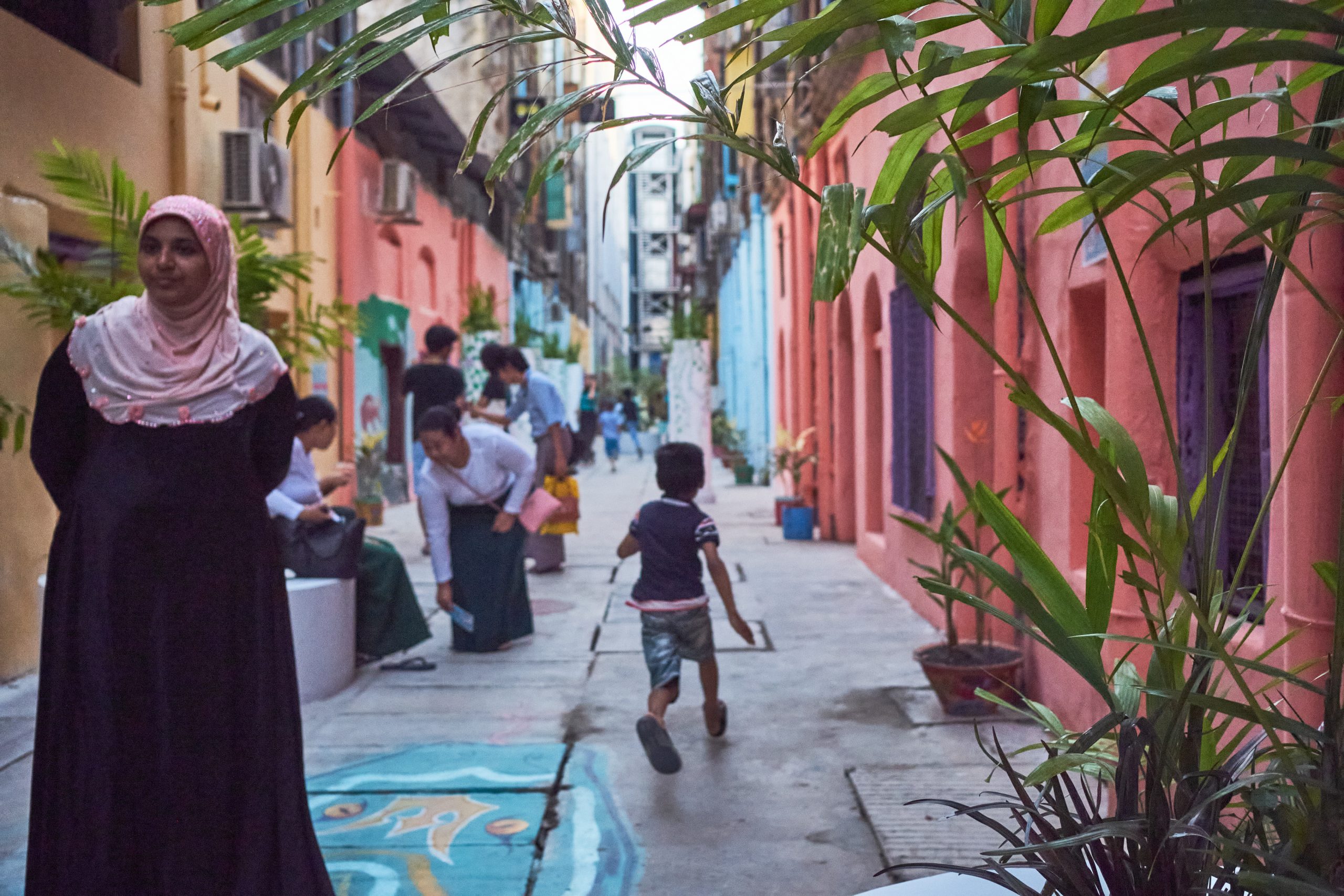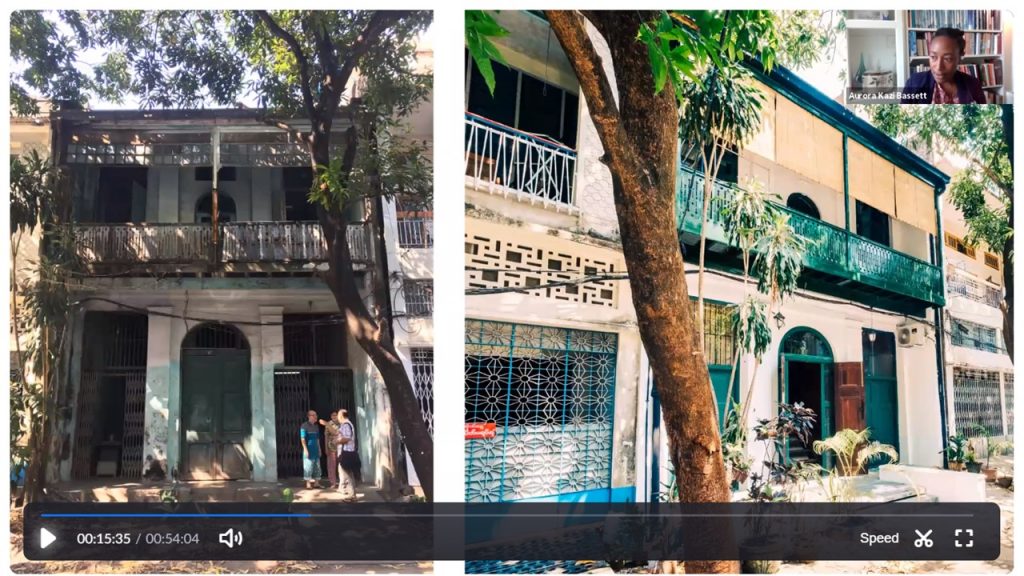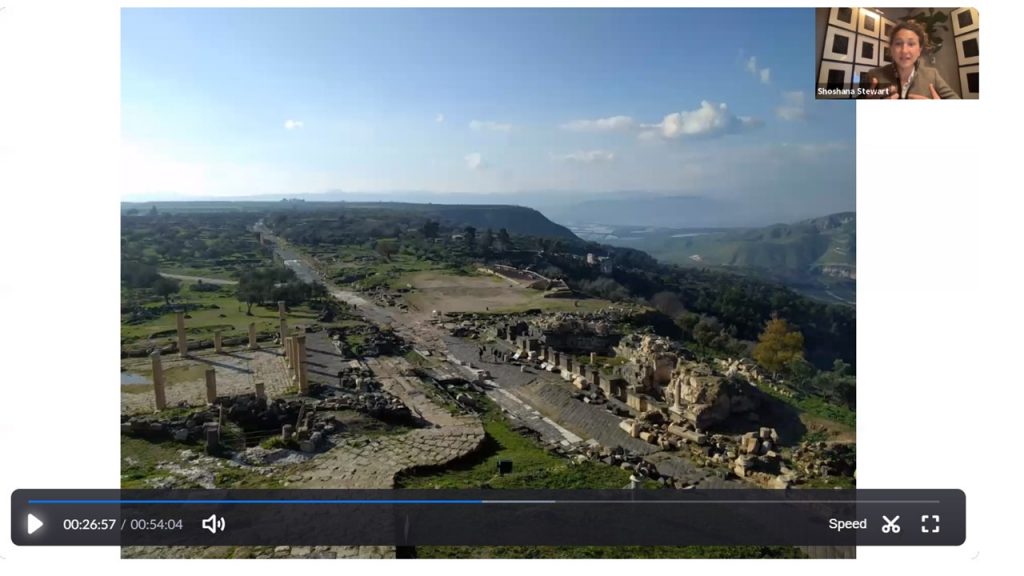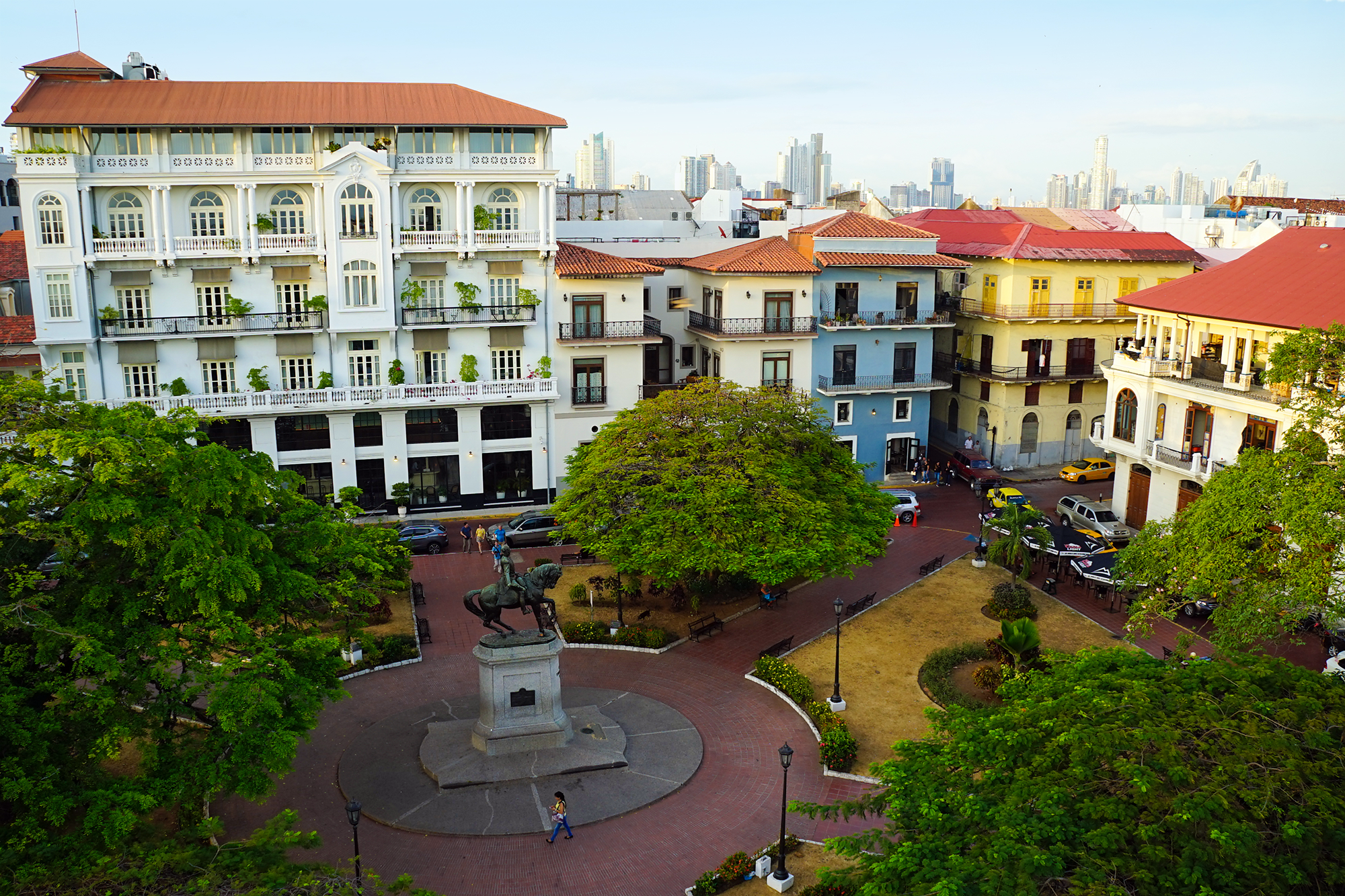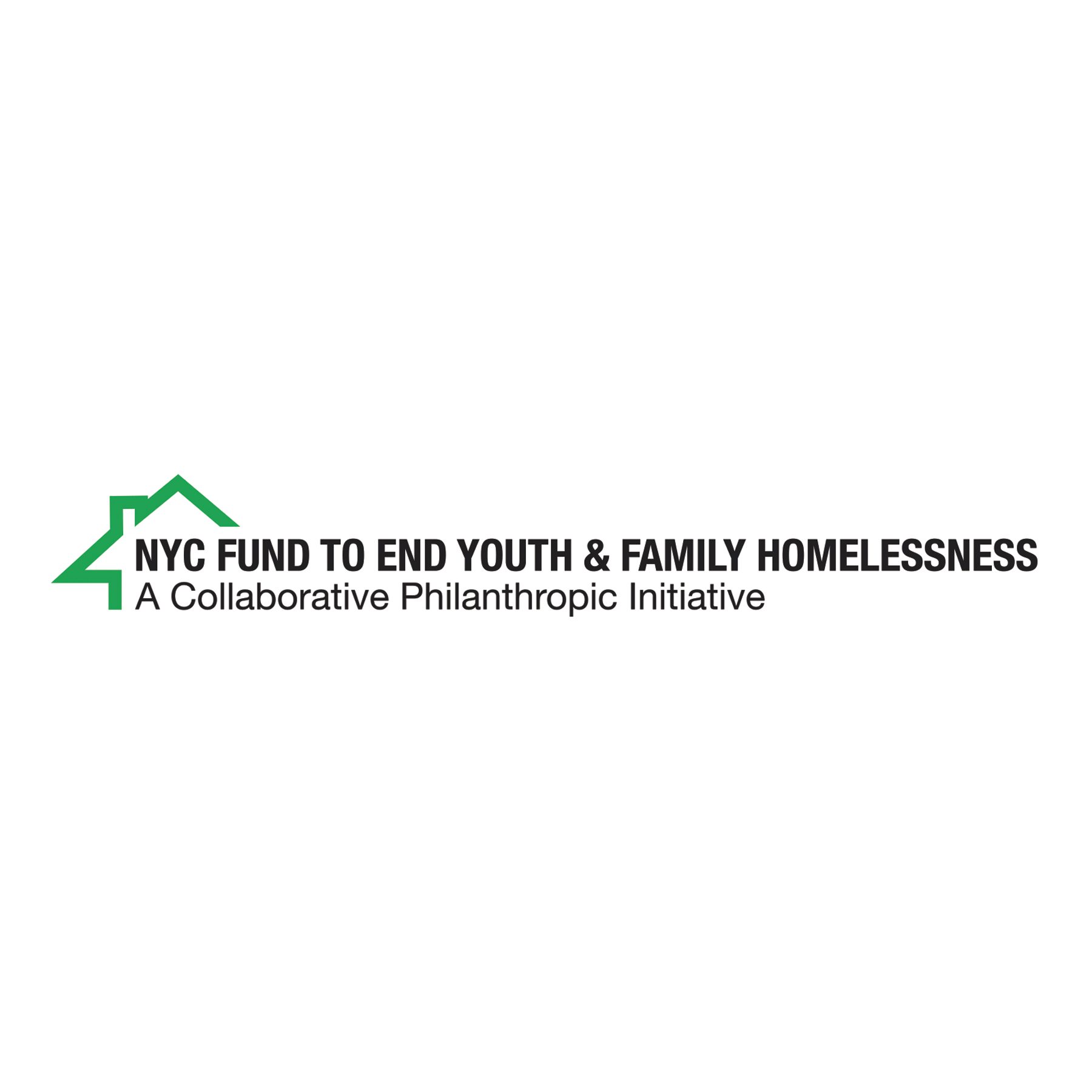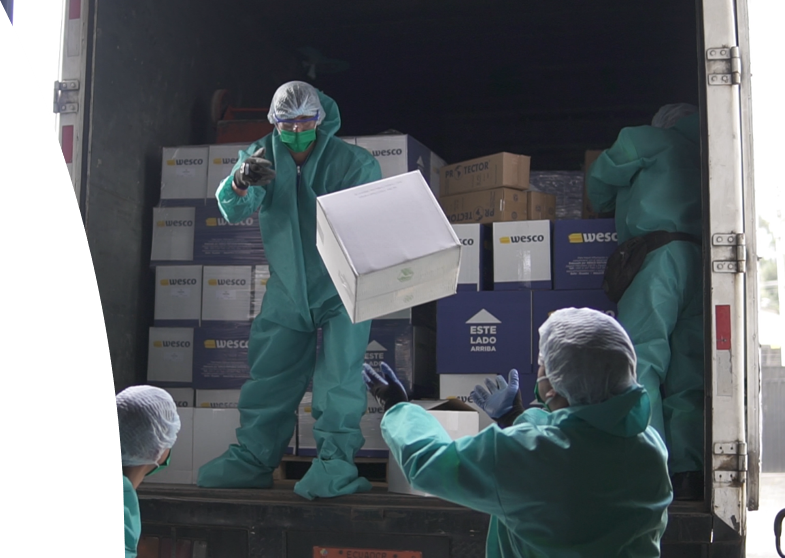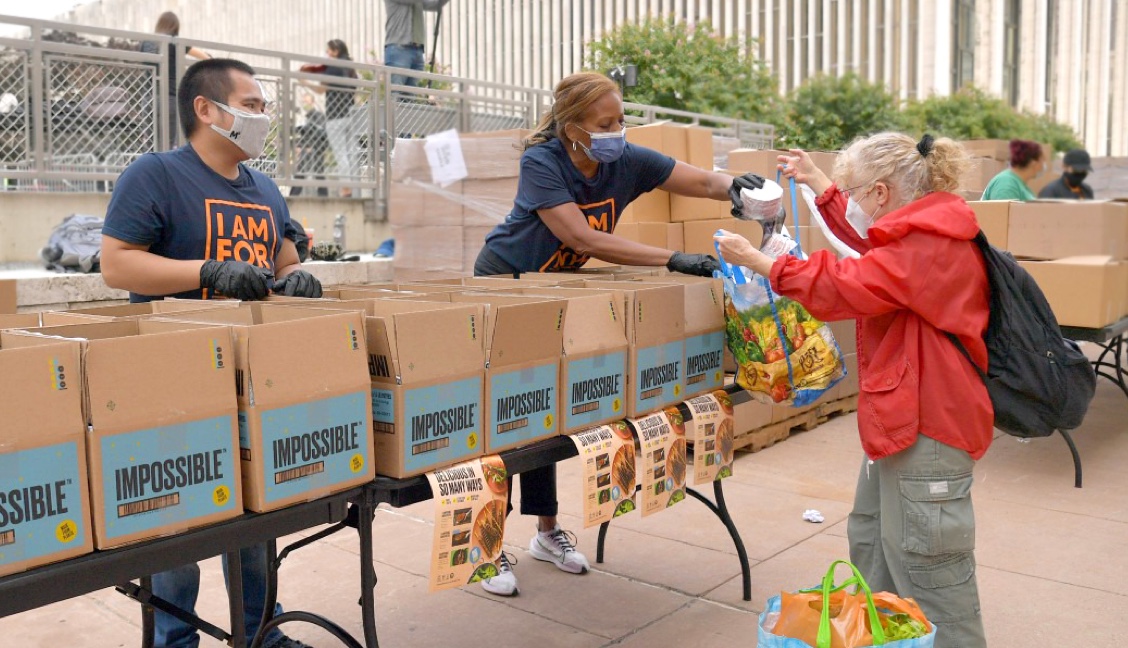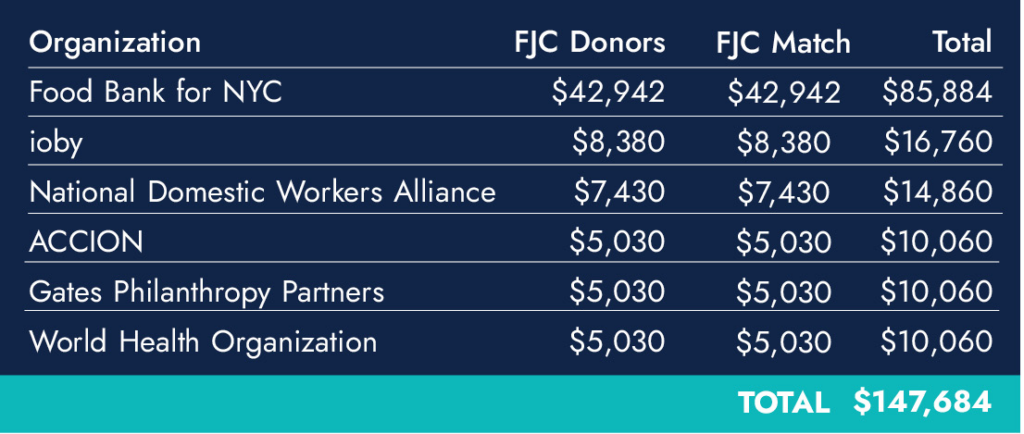When the City of New York launched DemocracyNYC, a nonpartisan initiative to increase voter participation and civic engagement, they turned to the city’s vibrant nonprofit and arts community for inspiration. Among the civic partners that responded to the urgent call to action was F.Y. Eye, a nonprofit media agency that builds campaigns that call people to take action, donate, share, advocate and move their causes forward. “F.Y. Eye was created to democratize the town square,” said Jessica Toledano, Executive Director. “Too often in expensive media markets like New York City, the most important community voices are never heard. F.Y. Eye was created to change that fact.”
Founded and initially funded by FJC donors, F.Y. Eye has tackled numerous issues including nutrition and food insecurity, workers’ rights, voting, immigrant health services, and participation in the U.S. Census. Its strategies include creative services to design campaigns, paired with media planning and buying to strategically place its messages in high-traffic locations.
“Too often in expensive media markets like New York City, the most important community voices are never heard. F.Y. Eye was created to change that fact.”
Jessica Toledano, Executive Director, F.Y. Eye
Voter turnout is a particularly daunting challenge. New York consistently ranks as one of the states with the lowest voter turnout rates in the country. In the 2016 general election, New York State ranked 41st in the country for voter turnout. In the 2018 midterm election, voter turnout increased, but still, less than 50% of all eligible voters participated.
There was no shortage of voter engagement advertising leading up to the 2020 election. However, most of the ads in high circulation were partisan in nature or offered simplistic motivational messages from big name nonprofits aimed at the general population. F.Y. Eye identified a need for more nuanced campaigns that both provided specifics on how to vote safely during the pandemic, and came from trusted community messengers targeting voters of all backgrounds.
F.Y. Eye’s most recent campaigns have engaged artists and designers who are particularly rooted in immigrant communities.
In advance of the general election this November, F.Y. Eye engaged Sol Aramandi to build a bi-lingual, portrait-based campaign, encouraging New Yorkers to cast their votes based on issues that affect their communities. Ms. Aramandi’s advertisements have been placed in community newspapers such as El Diario, Bronx Free Press and Brooklyn Times, as well as traditional media spaces around the city such as bus shelters and LinkNYC. Sourced through F.Y. Eye’s Impact Artist Network, Sol Aramandi is a celebrated photographer and activist specializing in portraying immigrant communities. Ms. Aramandi works as a solo artist and the principal of Project Luz, which empowers new immigrant New Yorkers with photography as a tool to explore the city and tell its stories, as well as their own.
“It’s important to us to hire artists for our campaigns that have an organic connection to the communities we’re representing,” explains Calder Zwicky, Programs and Creative Director of F.Y. Eye. “Sol’s portraits express her love and organic connection within this community.”
This most recent campaign builds on work F.Y. Eye launched during the June 2021 primaries to educate all New Yorkers about Ranked Choice voting, through guerilla building projections, diverse artist partnerships and community events. New York City had its highest voter turnout for a primary election in 3 decades during this year’s primary election.
